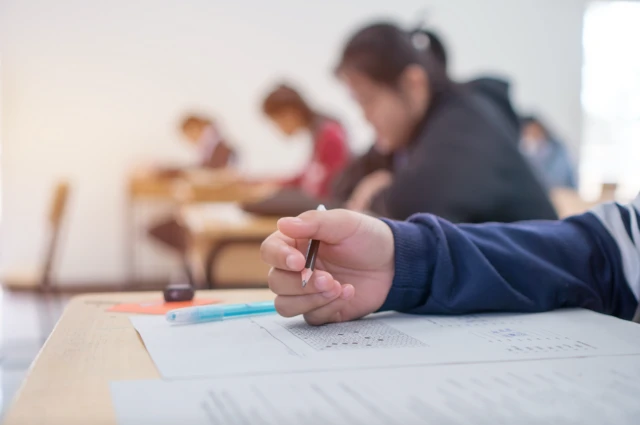What will happen to summer exams?published at 12:36 GMT 19 March 2020
Question from Hannah Boston who is due to sit exams
 Elaine Dunkley
Elaine Dunkley
BBC Education correspondent
 Image source, Getty Images
Image source, Getty ImagesHannah, there’s a lot of concern and confusion about the issue around exams and assessment.
It’s not clear what will happen but a range of options are being discussed at the moment. Suggestions include looking at predicted grades, coursework and teacher assessment. Exams could also be delayed until later on in the year.
The PM says in time the government will ensure that students will get the qualifications they need.
Understandably students are really stressed about the impact this will have on their future.





